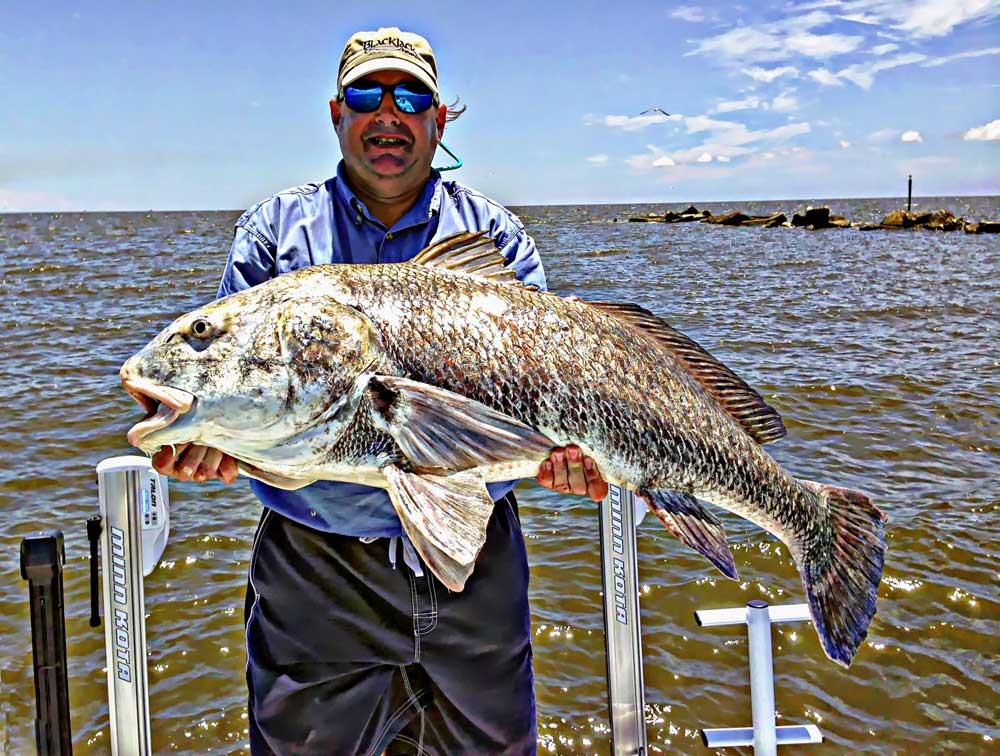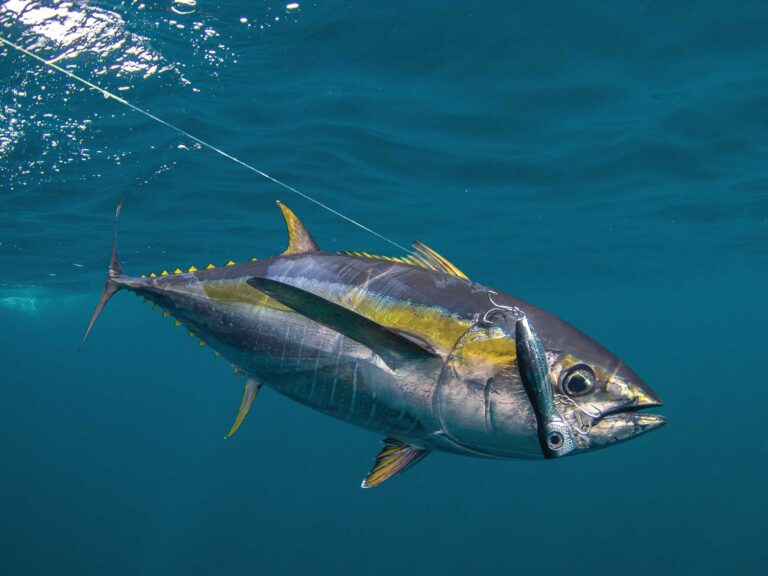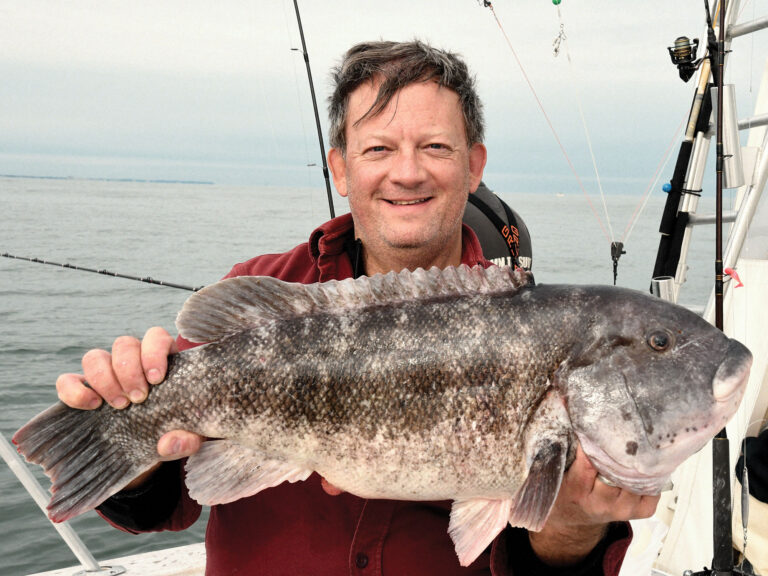
kunh stewardship
A recent study of the five coastal states; Louisiana, Florida, Alabama, Mississippi and Texas offered an interesting insight into their natural resources. According to the report, entitled Wildlife Tourism and The Gulf Coast Economy (July, 2013), wildlife tourism constitutes a major regional “industry,” drawing some 20 million participants annually. Naturally, eco-based tourism is directly dependant on a healthy, thriving ecosystem base as these are considered the region’s “natural capital.”
Habitat in Peril. Researchers reported the future health and productivity of these fragile ecosystems are in peril, in part due to natural events, such as storms. However, they cited “human activities” as having altered “the natural hydrology and halted natural processes, leading to severe land loss and a decrease in the health of the region’s estuaries.”
Culprit? In the report, the channelization of the Mississippi River is identified as one of the most dramatic, man-made influences on the Gulf Coast ecosystems; “while the channelization of the river by an extensive levee system has benefitted commerce, ports and communities, this way of managing the river has all but stopped the natural deltaic processes that once built and maintained the region’s wetlands and barrier islands.” Reportedly, since 1932, due to natural causes and man-nature interaction, nearly 1,900 square miles of habitat in these areas has been lost.
The Big Picture. This report, and its findings, is but one example of the literally countless such environmental impact studies, (for lack of a better term), each providing an agenda-specific evaluation on current and predictive statuses of the Gulf and its collective ecosystems.
While some may view this type of causal finding disturbing and controversial, this information must be reviewed and taken into consideration no matter which side of the political ledger you find yourself on.
Involvement. As noted, political affiliation notwithstanding, we can certainly agree our natural resources must be protected through reasonable and unwavering stewardship. You’re encouraged to take an active role in conservation groups, whether local, state or federal. We must, as concerned end-consumers, manage our precious environment resources so they’re healthy and viable, and most importantly: available for future generations to enjoy.









